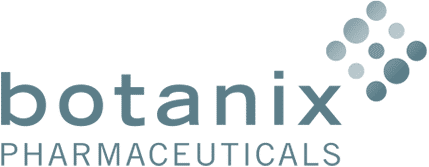PURPOSE:
New therapies for glioblastoma are needed, especially
MGMT
-unmethylated (u
MGMT
) disease. NRG Oncology BN002 (phase I) demonstrated safety and suggested efficacy of ipilimumab (ipi) with nivolumab (nivo) in newly diagnosed glioblastoma, leading to this phase II/III trial.
METHODS:
Adults with newly diagnosed u
MGMT
glioblastoma and Karnofsky performance status (KPS) ≥70 were randomly assigned to radiotherapy with either immunotherapy (ipi and nivo) or temozolomide (TMZ), stratified by recursive partitioning analysis (RPA) class and intention to use tumor treating fields. With 95% power to detect a hazard ratio (HR) ≤0.58 for progression-free survival (PFS) at a one-sided significance level (
P
) of .15, superior PFS with immunotherapy in phase II would lead to phase III overall survival (OS) testing. Corticosteroids were disallowed when starting immunotherapy. Diagnosis, biomarkers, and PFS were centrally assessed.
RESULTS:
One hundred fifty-nine participants were randomly assigned (79 immunotherapy and 80 TMZ). Arms were well balanced for age (median 60 years, range, 28-79), sex (male n = 105, 66%), KPS (90-100 n = 97, 61%), resection extent (gross total, n = 103, 65%), and RPA class (III, n = 16, 10%; IV, n = 116, 73%; V, n = 27, 17%). A preplanned analysis of phase II data conducted after 100 centrally determined PFS events showed no significant PFS improvement for ipi and nivo versus TMZ (median 7.7 months
v
8.5 months, HR, 1.47 [70% CI, 1.19 to 1.83]; one-sided
P
= .96 [95% CI, 0.98 to 2.2]). OS is immature (>50% alive) but with no observed difference between arms (median approximately 13 months each, HR, 0.95 [95% CI, 0.61 to 1.49];
P
= .36).
CONCLUSION:
Ipi and nivo did not improve PFS among patients with newly diagnosed u
MGMT
glioblastoma versus TMZ. Accrual closed permanently; the trial will not proceed to phase III. No new safety signals were identified. Molecular correlative analyses and survival follow-up are ongoing.







